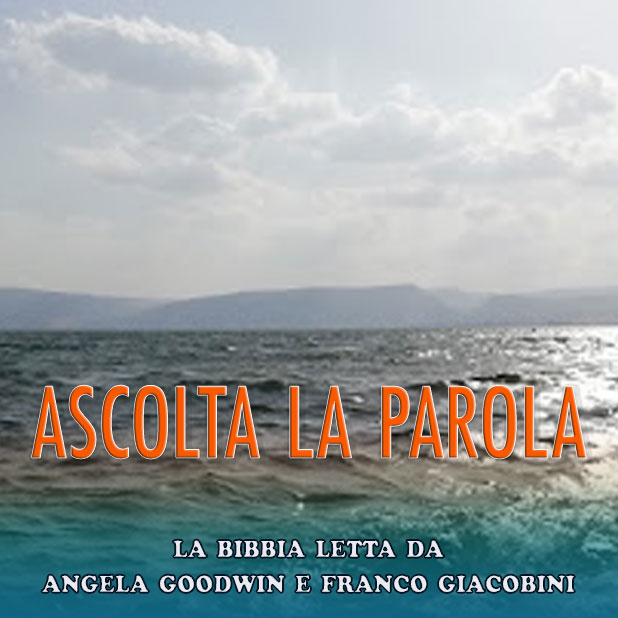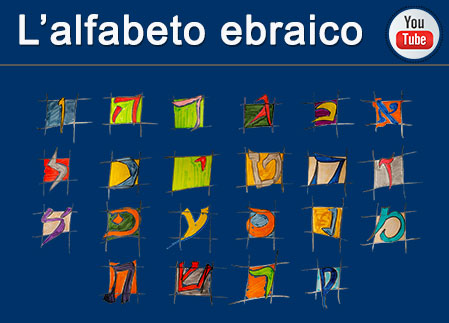Michel Sabbah, Patriarch
Israele 16/04/2006
Christ has risen. Yes, he has truly risen.Happy and Holy Feast of Easter
1. Every feast invites us to reflect on the meaning of our faith. The feast of Easter renews our courage and helps us to face the challenges of life, private and public, as well as the difficulties we meet in the various countries where our dioceses are located: Jordan, Palestine, Israel, and Cyprus. It invites us to renew our faith in God and our confidence in ourselves so that we can better contribute to the building up of our society, in which we are called to love everyone without distinction and beyond all religious or national barriers. The risen Christ, the triumph over death, and the return to life are all telling us: first, God is in our midst, "He has made his dwelling among us" (Jn 1, 14); second, "He is love" (1 Jn 4, 8); and third, He has made us capable of loving as He does: "He has given us his Spirit,” says Saint John. “If we love each other, God remains in us, and his love is brought to perfection in us” (1 Jn 4, 13.12). By His death and Resurrection, Jesus made each of us a new creature and a New Man “in righteousness, holiness and truth" (Eph 4, 23-24). He filled us with His Spirit, and “the fruit of the Spirit,” says Saint Paul, “is love, joy, peace, patience, kindness, generosity, and self-control” (Gal 5, 22-23).
2. Our daily life seems to be very far from this vision of God-with-us, of His love for all, and of the fruits of the Spirit in us. In our daily life, we sometimes have the impression that the life of the Spirit, which produces charity, joy and peace, is an impossible dream, especially in our Holy Land which for many years has been witnessing hate, mutual rejection, and death. And, the actions of its leaders and the life of individuals and groups simply proceed according to this logic. Kill in order to live. Kill because we are being killed. Hate because we are afraid or because we are oppressed. These are the criteria according to which we are governed and we live in a holy land, in a land of the Resurrection, in a land in which God has spoken, and in which the three religions claim that they believe in God and listen to His word.
3. Despite this hard reality, we must proclaim and say that the land where God has spoken, where He made known His love for all human beings, can remain the land of the Word of God, and not become just the land of the word of human beings where God’s Word is replaced by attitudes of death and hate. We must believe in our capacity to love, all of us, Israelis and Palestinians. We are capable of loving and of making justice for ourselves and for others. We need a new beginning based on new principles and a new perspective on life in this Holy Land. We are capable of freeing ourselves from the death that has been imposed on us until now. We, Israelis and Palestinians, are capable of freeing ourselves from the fear that comes from violence and terrorism, from the occupation imposed by the law of the strongest, and by the logic of death and hate. You, who are killing, stop killing. You, who hate, stop hating. You, who occupy the land, give it back to its owners. Love and trust are more efficacious in reacquiring your lost freedom, your lost security, and your desired independence. Certainly, this language sounds strange to all those who hold power in their hands. Nevertheless, we also say to the governments: You, governments, who do not believe in this language, you also are capable of loving, of living, and of transforming in terms of life and peace the relations between the two peoples in this holy land.
4. Brothers and Sisters, who are celebrating the Resurrection of the Lord in our diocese and in the entire world, we wish you a happy and holy feast of Easter. To all the inhabitants of this Holy Land, Christians, Jews, Muslims, and Druzes, we wish you an abundance of the Lord’s blessings. To the Jews, who are celebrating Passover in these days, we express the hope that the feast will be a source of blessing, love and justice for you and for all the inhabitants of the Holy Land.
The Prophet Isaiah said: “There will be a king who reigns uprightly and princes who rule with fair judgment” (Is 32, 1). We hope that this prophecy can become a reality in our land. For the moment, “the ambassadors of peace are weeping bitterly" (Is 33, 7), as Isaiah also said. We pray and we hope that our leaders can let themselves be guided by new perspectives and a new courage that will change the face of this earth and fill the minds and hearts of the people with security, justice and tranquility.
Happy and Holy Feast of Easter.
+ Michel Sabbah, Patriarch
Jerusalem, April 11, 2006
240 visualizzazioni.
Inserito 01/01/1970
Relazioni Ebraico-Cristiane
Ultime novità nel sito
- 19/04/2020: Articolo - L’enigma della Maddalena
- 23/02/2020: Articolo - Il locus amoenus nelle catacombe ebraiche e cristiane di Roma
- 16/02/2020: Articolo - Il profetismo nel Vicino Oriente antico
- 13/02/2020: Articolo - I Profeti della Cappella Sistina
- 09/02/2020: Articolo - Gerusalemme e la Terra Santa di Israele


